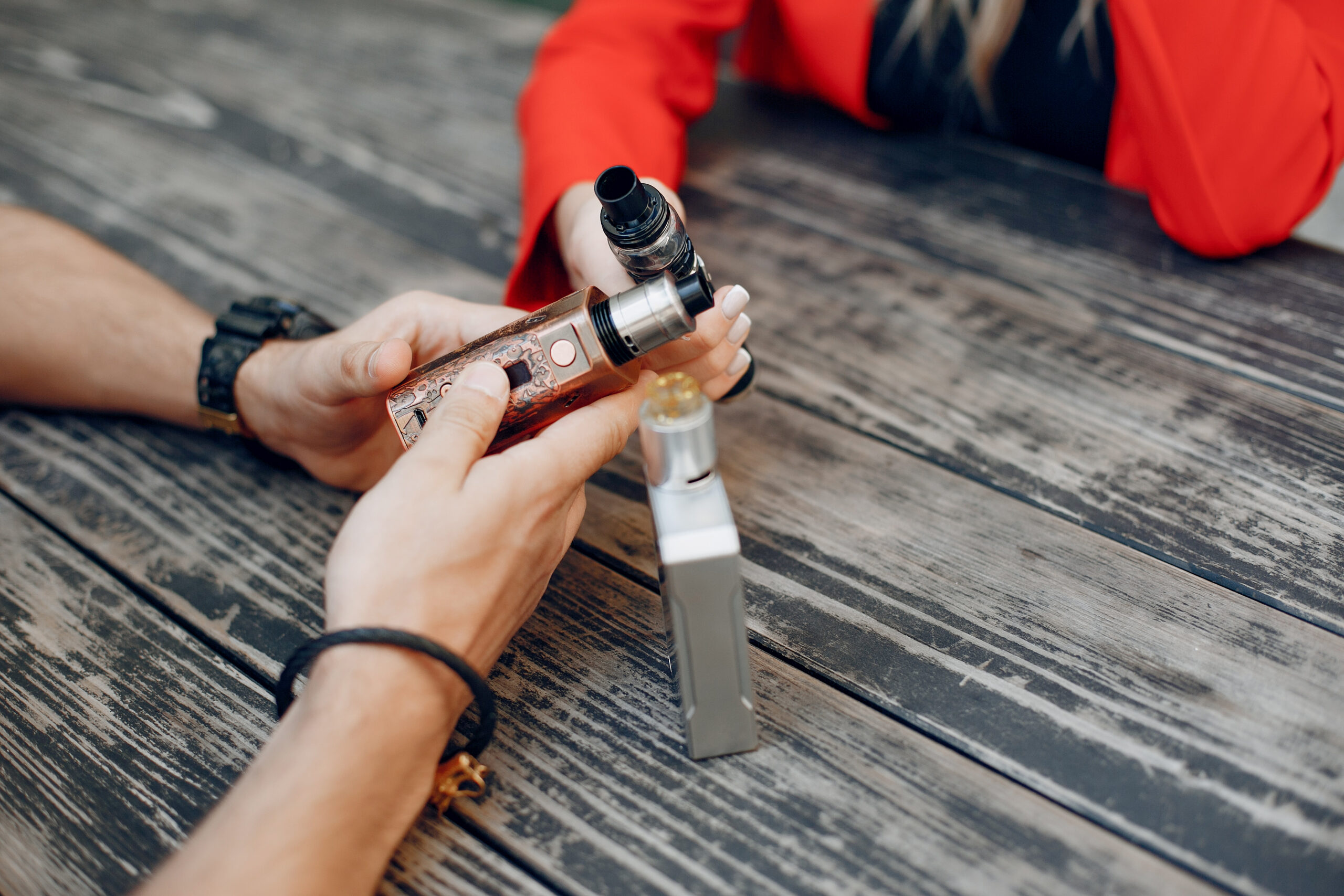ANN/THE STRAITS TIMES – “Energy stick” inhalers increasingly popular among children and teenagers may contain ingredients similar to those used for vaping, cautioned Malaysian health experts.
They said these nasal inhalers marketed as energy boosters could be addictive and hazardous to health. The substances they contain, including food flavouring and glycerin, go directly into the respiratory system, said Malaysian Pharmacists Society president Amrahi Buang, adding that such energy sticks could also be the “gateway” to developing smoking or vaping habits among children and teenagers.
“The only difference (between energy sticks and vape) is that (the energy stick) does not involve combustion,” he added.
Amrahi said inhalers sold at pharmacies for medicinal purposes are different from these energy sticks, which are being sold online, mainly through social media platforms.
He said the inhalers from pharmacies are registered with the National Pharmaceutical Regulatory Agency, while energy sticks are not.

Amrahi also urged e-commerce platforms to promptly take down any advertisements of the products, calling on them to be responsible and to self-police.
“We expect the platform(s) to be responsible. But I know this is the digital world where some stuff is hard to control so the authorities too need to look into using existing laws to curb the matter,” he added.
Advertisements for such products usually feature a two-pronged nasal inhaler described as being filled with oils, mint or camphor. They are reportedly easy to use and are being sold for as little as MYR2.50 each.
Amrahi also urged the Malaysian Communications and Multimedia Commission (MCMC) to monitor the advertisements on social media that are targeting the product specifically at children.
“A whole-of-society and government approach is required, (and) we have seen the Health Ministry and Education Ministry coming out together to address the matter. I expect other relevant authorities to also play their roles, including the MCMC,” he said.
Health economics and public health specialist with Universiti Kebangsaan Malaysia Professor Sharifa Ezat Wan Puteh said it is irresponsible of sellers to mislead the public with unproven claims that energy sticks can cure sinus problems and fatigue as well as reduce drowsiness.
“There are substances such as propylene glycol which are used in vape. There are other unknown substances which could cause issues and bacterial infection in the lungs and contamination from foreign substances. They could also lead to addiction,” she said.
As there are no quality checks done on these products, Professor Sharifa said consumers will be using them at their own risk.
One of the substances said to be found in these sticks is terpenes, a class of products widely used as fragrances and flavours in products such as perfumes, cosmetics and cleaning aids, as well as in food and drink products, she said.
“It can cause allergies but generally, more studies are needed. Terpenes, when mixed with cannabis, alter the way cannabinoids, such as tetrahydrocannabinol, interact with the brain,” she said.
As these energy sticks could be toxic, children should not be exposed to them from a young age, she said.
The health director-general Dr Muhammad Radzi Abu Hassan said on February 8 that the Health Ministry will act on complaints from the public about these energy sticks being sold online.
For a start, he said, advertisements for the products will be taken down from popular e-commerce platforms.





